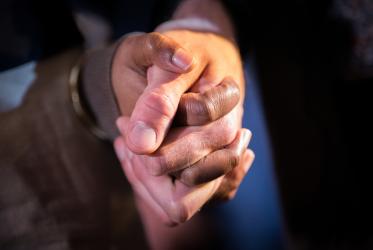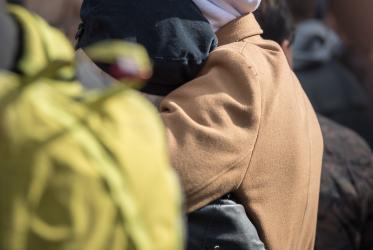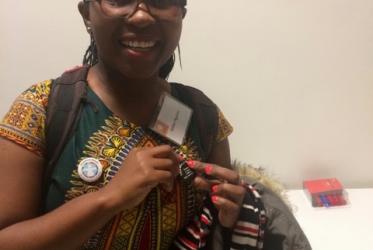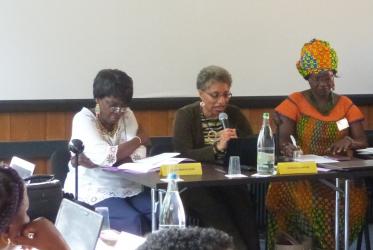Displaying 101 - 120 of 166
31 May 2018
When you have nothing, you give your heart
09 May 2018
Pan-African women demand end to gun violence in USA
29 March 2018
Re-engineering life forms: Church forum raises concerns
09 November 2017
Responsible agriculture investments theme of WCC session
16 October 2017
Forum strengthens ecumenical commitment to diakonia
12 October 2017
New study lifts up voices of small farmers in Mozambique
24 August 2017
"We have our work cut out for us"
10 August 2017
A safe space for sinners to change and for pain to be shared
03 August 2017
"Church has huge responsibility empowering women"
26 July 2017















